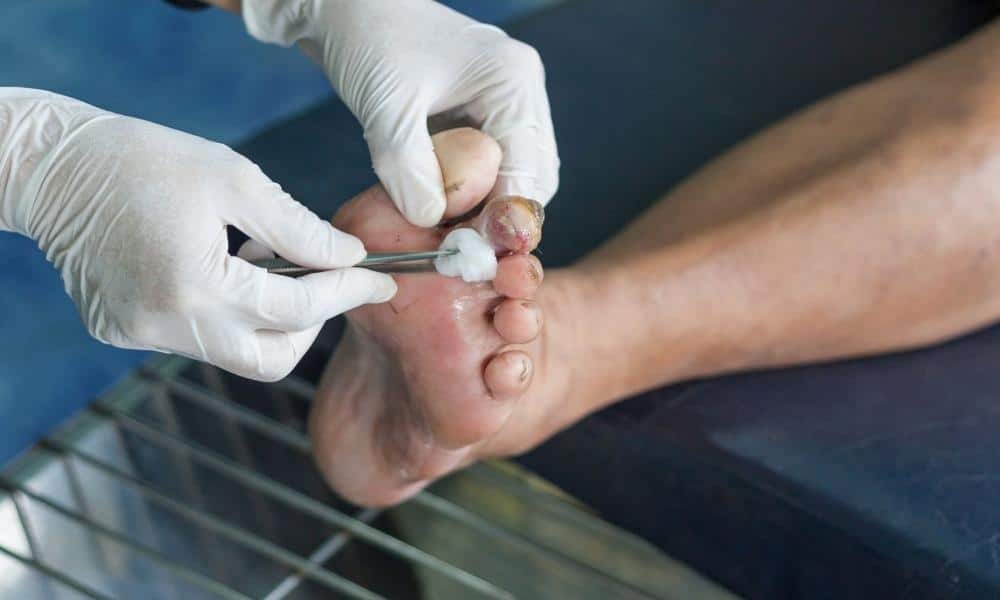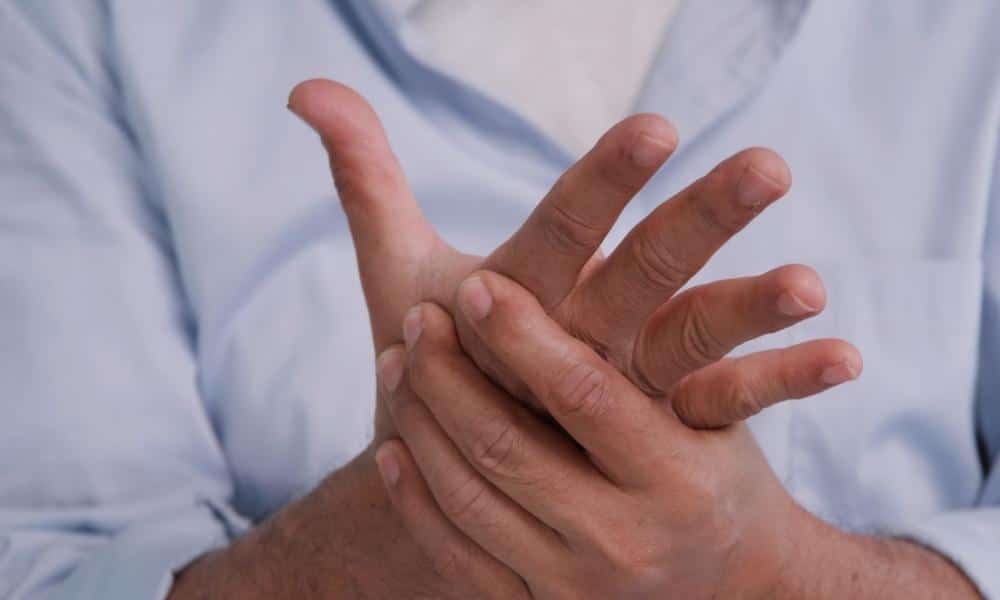
An enlarged prostate – also called benign prostatic hyperplasia (BPH) – is a condition in which the gland increases in size and is not cancerous. It is normal for the prostate to become enlarged as men age.
This small, muscular gland is about the size of a walnut in younger men but can grow much bigger as they get older. Sometimes, an enlarged prostate can cause no recognizable symptoms, but eventually, it may lead to urinary and erectile problems if not treated.
The exact trigger of BPH has yet to be fully understood and can vary from one man to another. However, there are some known contributory factors, such as:
Age
An enlarged prostate is considered a normal part of the aging process. During puberty, the gland doubles in size, and then from the age of 25, it goes through a second growth phase and increases throughout a man’s life. BPH affects around 50% of men aged 51 to 60 and up to 90% of men aged 80 and above. However, not all of those affected will experience symptoms. Many men with enlarged prostates have zero symptoms.
Hormones
Hormones are also thought to trigger an enlarged prostate. There are a couple of theories as to why this is so.
- Testosterone: This is the male sex hormone responsible for libido, sexual development, muscle mass, the deep male voice and so on. When there are excess levels in the body, it is converted to DHT (dihydrotestosterone). This hormone ensures the normal growth and development of sexual organs in young men, including the prostate. However, excess production of DHT in older men can cause the prostate to continue to grow, leading to problems associated with BPH.
- Estrogen: Men also produce small amounts of the female sex hormone estrogen in addition to testosterone. As men age, the amount of testosterone in their blood decreases, leaving a higher proportion of estrogen. Some studies suggest that BPH may be due to higher estrogen levels increasing the activity of substances that promote prostate growth.
Diet
The food you eat may also contribute to an enlarged prostate. BPH is more of a problem in Western countries such as the United States and the United Kingdom. It occurs at lower rates in Asian countries like Japan and Singapore. One reason that could possibly explain this is that the gland grows at a slower rate in Asian men. Another explanation is that diet plays a role. A typical Western diet contains unhealthy fats, refined sugars, meat, dairy and simple carbohydrates. Meanwhile, Asian and Eastern diets encompass soya-based proteins, plenty of vegetables and complex carbohydrates.
Regular consumption of red meat increases the risk of developing BPH while consuming vegetables regularly decreases the risk. One reason why vegetables can reduce the risk of an enlarged prostate is that they have high concentrations of flavonoids (plant compounds with health benefits). These chemicals inhibit enzymes crucial to cellular proliferation (the way a cell grows and divides to produce two daughter cells).
It is also worth noting that vegetarians may have a lower risk of developing BPH.
Stress
High stress levels can lead to an enlarged prostate or worsen BPH symptoms. They can also cause muscular tension, which restricts bladder function. Constant high stress levels can also lead to increased amounts of testosterone and DHT, which can contribute to prostate growth.
If you are experiencing symptoms of an enlarged prostate gland, it is important to get checked out as soon as possible to identify the cause and, therefore, the most appropriate treatment.
Preventing BPH
While you can’t do anything about getting older, you can make some simple lifestyle modifications to boost your prostate health. These include cutting down on meat and dairy products and adding vegetables, nuts, fruits, seeds and whole grains to your regular diet.
Also, practice stress-busting techniques to reduce the amount of stress in your life. You could try the following:
- Deep breathing exercises
- Meditation
- Yoga
- Mindfulness
- Spend time with your pet
- Listen to some soothing music
Treating An Enlarged Prostate
Benign prostatic hyperplasia is a highly treatable condition. Treatments include medications, lifestyle changes and surgery. An alternative, nonsurgical treatment for BPH that is fast gaining popularity is prostate artery embolization (PAE). This relatively new procedure doesn’t involve surgery, therefore reducing your recovery time.
PAE is an outpatient procedure, meaning you can go home shortly after it has been performed. A hospital stay isn’t required. The technique blocks off arteries that feed the prostate, which causes it to shrink.
PAE works by inserting a small catheter into these arteries and then injecting thousands of microscopic plastic beads that safely restrict blood flow to the gland. As the prostate shrinks, it takes pressure off the bladder, which allows urine to flow normally. Even though the prostate gets smaller, there is no negative impact on sexual function.
PAE takes about two hours to perform and is not painful. Therefore, a general anesthetic is not needed. Recovery takes a few days of rest at home.
MINT Can Help You
If you suffer from benign prostatic hyperplasia and want it treated, consider PAE at the Midwest Institute for Non-surgical Therapy (MINT). We are the first and only outpatient center to offer nonsurgical PAE treatment for BPH in St Louis.
Please get in touch with us today for more information and to schedule a free consultation at one of 5 offices in MO and IL, including Chicago.
Photo attribution: karlyukav on Freepik





